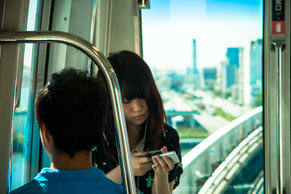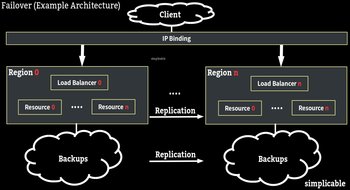| Accounting Packages | Information Security | |
| Algorithms | Integration | |
| Analytics | Internet of Things | |
| APIs | IT Infrastructure | |
| Applications | IT Management | |
| Artificial Intelligence | IT Risk Management | |
| Audit Trail | Knowledge Management | |
| Automation | Legacy Systems | |
| Availability Management | Machine Learning | |
| Backup & Recovery | Marketing Automation | |
| Batch Processing | Media Production | |
| Billing | Microservices | |
| Capacity Management | Middleware | |
| Cloud Computing | Mobile App Development | |
| Cloud Infrastructure | Mobile Apps | |
| Cloud Platforms | Network Infrastructure | |
| Coding | Network Management | |
| Computing Infrastructure | Networking | |
| Configuration Management | NoSQL Databases | |
| Content Delivery Network | Office Automation | |
| Content Management | Office Productivity Tools | |
| Continuous Delivery | Patch Management | |
| Cryptography | Payments | |
| Customer Relationship Management | Point Of Sale Systems | |
| Data Analysis | Problem Management | |
| Data Architecture | Process Automation | |
| Data Infrastructure | Procurement Software | |
| Data Lineage | Programming Languages | |
| Data Migration | Project Management | |
| Data Mining | Quality Assurance | |
| Data Processing | Relational Databases | |
| Data Quality | Reporting | |
| Data Science | Robotics | |
| Data Security | Sales Force Automation | |
| Defensive Computing | Scientific Computing | |
| Deployment | Scripting | |
| DevOps | Service Continuity Management | |
| Digital Advertising | Service Delivery | |
| Digital Publishing | Service Desk | |
| Ecommerce | Social Networking | |
| Edge Computing | Software Architecture | |
| Embedded Systems | Software Design | |
| Encryption | Software Development | |
| Enterprise Resource Planning | Software Testing | |
| Enterprise Service Bus | Statistics | |
| ETL | System Architecture | |
| Event Processing | Systems | |
| Game Development | Systems Analysis | |
| Gamification | Technology Architecture | |
| Graphic Design | User Interface Design | |
| Hardware Design | Web Design | |
| Incident Management | Web Development | |
| Information Assurance | Workflow | |
| Information Design | Workload Automation |
Levels
Information technology skills have several levels:Use | The ability to use a technology to accomplish tasks. Described with action verbs such as used, created, documented, calculated, researched and reported. |
Administration | The administration of technology described with verbs such as deployed, configured, secured and optimized. |
Operations | The operation of technology services to achieve service level objectives described with verbs such as investigated, fixed, resolved, improved and automated. |
Development | Software development and other implementation level activities such as project management, testing and business analysis. Described with verbs such as documented, developed, built, constructed, tested, planned, scheduled, conducted, evaluated, communicated and managed. |
Design | Design including software design and user experience design described with verbs such as designed, created, achieved, optimized, updated, improved and redesigned. |
The design of technology structures described with verbs such as structured, architected, aligned, designed, created, secured, resolved, improved and developed. | |
Management & Governance | The oversight, direction and control of technology described with words such as strategy, planning, investment, risk and competitive advantage. |






























